The baby leek and carrot campaign has already started in Spain, where their production is very limited. In fact, there are very few companies devoted to this kind of crops, the demand for which has been growing in recent years in the United Kingdom and north-central Europe.
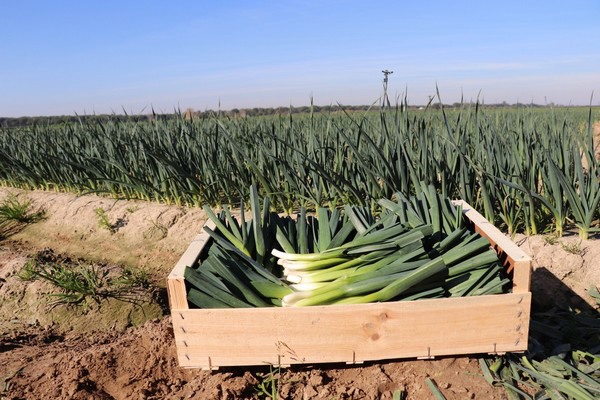
"There are two ways to obtain baby leeks and carrots: either the smaller sizes are set aside once the harvest is done, or, as we do, the harvesting is done well in advance, when the vegetable is still tender and small in size, with a much smoother and pleasant flavor," says Enrique Parias, general director of La Joya de la Corona. “As far as we know, we are the only ones producing them this way in Spain,” he says.
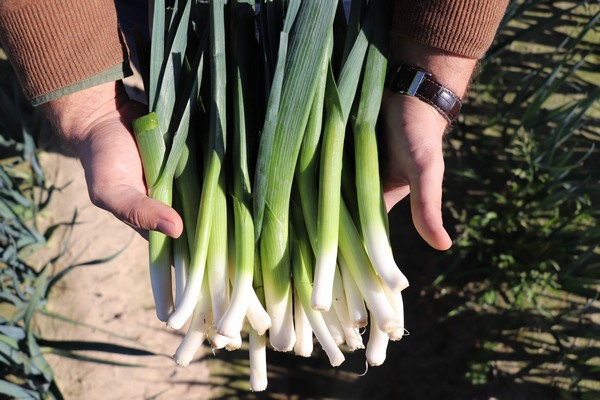
The Andalusian company started growing baby leeks around 5 years ago. “Through our relationship with a producer that supplies the Sainsbury supermarket chain in the UK, the idea of growing baby leeks in Spain came up. This producer partner grows its baby leeks in the United Kingdom for a part of the year, and in the off-season months it imported them from South Africa and Egypt, paying high air freight costs. Shortly after carrying out the first tests in Spain, our partner in the United Kingdom decided to stop importing from these African countries and to focus its off-season in Spain, which in addition to being closer, achieves better quality and control of the cold chain. Furthermore, the production can be supplied from the end of November to July,” says Enrique Parias.
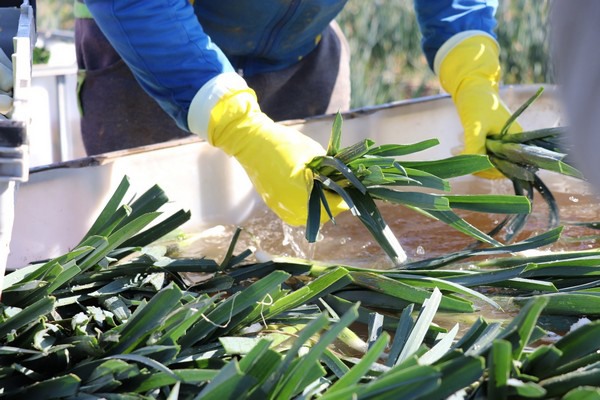
“In recent years, we have been planting to supply other potential customers, but sales to Sainsbury have grown by around 30% annually. For a couple of years, we have already had enough production to diversify our client portfolio. We have sales programs in place with supermarket chains in the United Kingdom, the Netherlands, France and, since recently, in Germany, where baby leeks are also produced. The truth is that we are seeing a lot of interest from several supermarket chains,” says the General Director of this company.
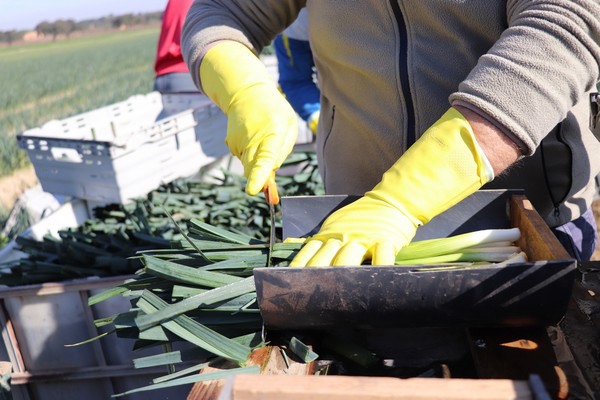
According to Enrique Parias, baby leeks are often consumed as a garnish for dishes. "Rather than in stews and soups, they are often cooked on the grill because of their milder flavor, which makes them an ideal accompaniment to meat or fish dishes." It is a niche product, so baby leek prices are more stable than those of the conventional.
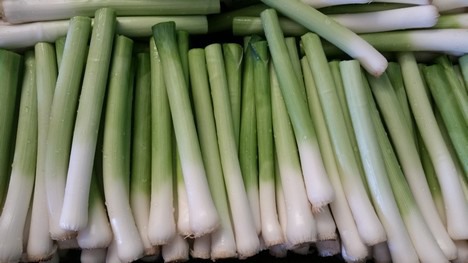
Baby carrots are harvested up to a month and a half earlier than normal. “We work with carrots that are conventionally marketed in bunches, although we harvest them much earlier. This is the second year in which we are investing in the cultivation of baby carrots, with which we have taken more risks to find new clients."

"This crop certainly requires a lot of specialization, since if we cannot sell the production in the weeks prior to its harvest, they grow in size and we can no longer market them as baby."
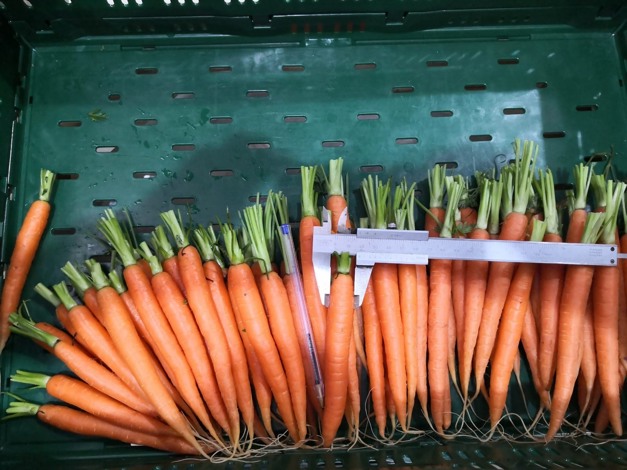
“The production is good thanks to the positive influence of the weather, although, unlike leeks, whose sales are doing well, the demand for baby carrots has started slower due to the closure of the restaurant and hospitality channel, which is very important for the sale of this product,” says Enrique Parias.
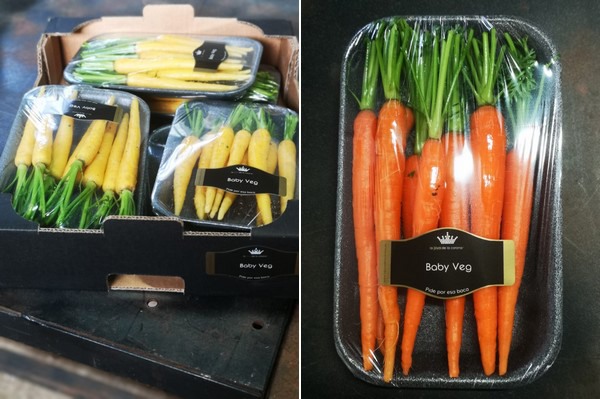
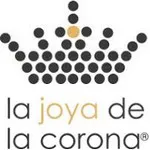 For more information:
For more information:
Enrique Parias (General Director)
La Joya de La Corona
T: (+34) 663 267 919
eparias@bebeyond.es
lajoyadelacorona.es
